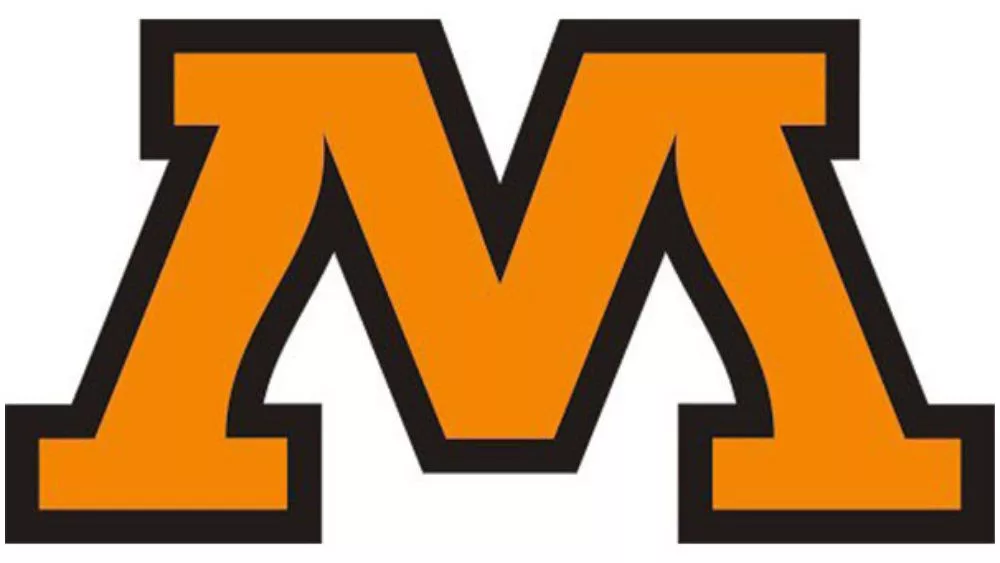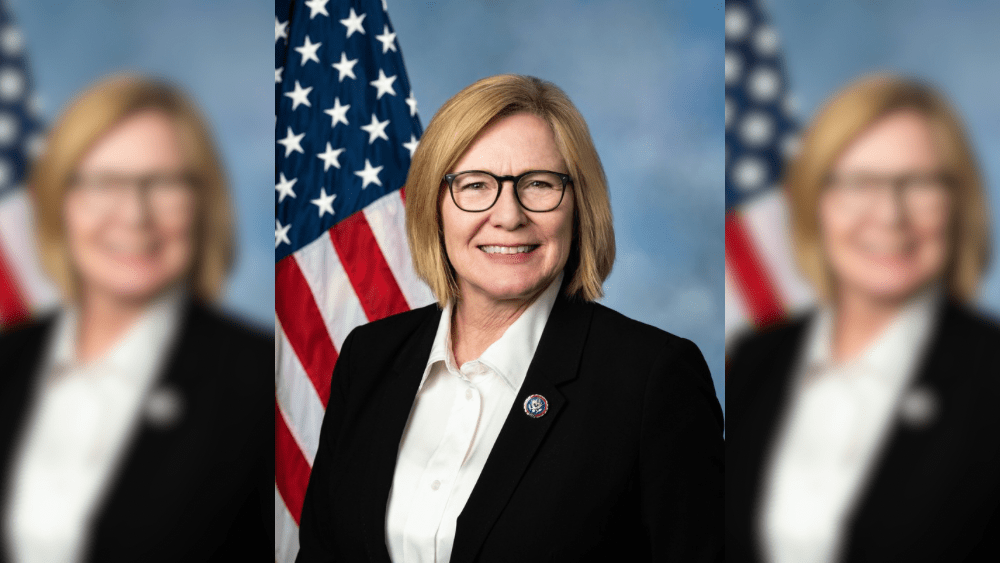(Fargo, ND) – Nine candidates are running for four spots on the Fargo Public School District’s Board of Education, including two incumbents. The nine candidates gathered Tuesday night for a debate on WDAY and WZFG Radio, moderated by news reporters tomtucker and tyschonert. The election will be held June 11.
The candidates were asked for their thoughts on proficiency in the classroom and were asked what they attribute the data to. State available data shows that, for the 2022-23 academic year, 55 percent of students in the Fargo Public School District are ‘less than proficient’ in English Language Arts, and 60 percent are ‘less than proficient’ in mathematics.
Paul Mohror, a father of two Fargo Public School graduates, said the proficiencies are failures.
“We are failing our kids,” he said. “We need to bring them up, and not just graduate them, but graduate them with the skills that will allow them to move forward into whatever career that they’re looking forward to.”
Jason Nelson, a former law enforcement officer, said the district is ‘partially proficient’ at allowing students to ‘move on,’ saying the district needs to ‘refocus on the core value of what the school district is there for.’
Dawn Morgan, a Fargo native, said the statistics on proficiency aren’t a surprise.
“I think they’re probably reflective, or even better than most of the numbers throughout the country,” she said. “The statistic now is that 78 percent of Americans are literate.”
Morgan said the problem is much larger than a Fargo Public Schools issue.
Seth Holden, one of two incumbents on the school board running for reelection, said that, although the district is great, there is ‘always room for improvement.’
“I think we need to put resources where they are needed for the students that need extra help and be uplifted,” he said. “We also need to understand that that’s not a zero-sum game. If we put more resources towards those that need them, that doesn’t necessarily mean that other students are going to get less of an education than those students.”
John Campbell, executive director of the Fargo-Moorhead Coalition to End Homelessness, cites a student’s home environment could be causing the downfall. He said focusing on social and emotional pieces could help stem the tide.
“We are doing better than the nation is doing,” he said.
Incumbent Nikkie Gullickson agreed that the district could do better, but that the community ‘values a well-rounded education.’
“Kids are coming from homes that are not nearly as supportive,” she said. “We have all kinds of different issues coming into our schools.”
Ryan Dodd, a former music teacher, calls the proficiency issue ‘unfortunate.’
“I am incredibly lucky to send my kids, eventually, to schools that have a high proficiency in all of those subjects,” he said, alluding to other schools not meeting the same proficiency in the same community.
Allie Ollenburger, who is a lifelong Fargo resident and 2003 graduate of Fargo North High School, credits her daily work with data as a way to understand the proficiency scores.
“When we talk about proficiency scores, the score rating that we are currently at in Fargo Public Schools is not because of our educators,” she said. “They are the highest district with masters degrees, so it’s not for the lack of educators.”
She went on to say that teachers have told her it’s due to behaviors in the classroom and students not caring about the tests that give the proficiency scores.
“I don’t know that we necessarily are that low in terms of proficiency,” she said.
Kristin Nelson, a longtime professional in early childhood education as both a teacher and program director, said proficiency data for Grand Forks, West Fargo and Bismarck’s school districts are similar to those at Fargo Public Schools.
“That’s not to say that we should settle on a 50-plus partially proficient range,” she said. “But it is kind of a snapshot of where we are as a state.”
Nelson said the work begins at the lower grade levels.
“Let’s engage children more in a universal Pre-K program, to get them ready and focus on kindergarten,” she said. “Then they are ready to learn and get in the building (on) day one.”




